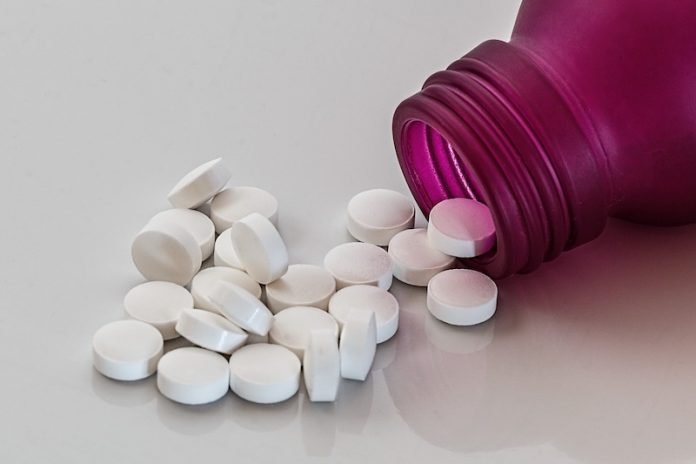
High blood cholesterol is a health condition that makes the levels of certain bad fats, or lipids, to be too high in the blood.
It is one of the major risk factors for heart disease. The higher your blood cholesterol level, the greater your risk for developing heart disease or having a heart attack.
High blood cholesterol itself does not cause symptoms, so many people are unaware that their cholesterol level is too high.
Scientists from NIH suggest that people need to find out what their cholesterol numbers are.
Lowering cholesterol levels that are too high can help reduce the risk of developing heart disease. People age 20 and older should have their cholesterol measured at least once every 5 years.
There are four cholesterol numbers: Total cholesterol; LDL (bad) cholesterol, the main source of cholesterol buildup and blockage in the arteries; HDL (good) cholesterol, which helps keep cholesterol from building up in the arteries; and triglycerides, another form of fat in the blood.
Many people will be able to lower their LDL enough with healthy lifestyle habits.
But if your LDL needs more lowering, you may have to take a cholesterol-lowering drug in addition to healthy habits.
According to the NIH, There are mainly five types of drug used to lower LDL, and they work in different ways.
Statins, including lovastatin, pravastatin, simvastatin, fluvastatin, atorvastatin, and rosuvastatin.
They are the most commonly used cholesterol-lowering drugs. They control the rate at which the body produces cholesterol.
They lower LDL levels more than other types of drugs (about 20–55%) and also moderately lower triglycerides and raise HDL.
Ezetimibe. This drug can reduce the amount of cholesterol absorbed by the body.
Ezetimibe can be combined with a statin drug to get more lowering of LDL. Research shows that ezetimibe lowers LDL by about 18–25%.
Bile acid resins. These drugs bind with cholesterol-containing bile acids in the intestines and are then eliminated from the body in the stool.
They lower LDL cholesterol by about 15–30%.
Nicotinic acid, or niacin. This is a water-soluble B vitamin that improves all lipoproteins—total cholesterol, LDL, triglycerides, and HDL.
LDL levels are usually reduced by about 5–15%
The drug should be taken only under physician supervision.
Fibrates. The drugs mostly lower triglycerides and raise HDL levels to a lesser degree. Fibrates are less effective in lowering LDL levels.
Copyright © 2019 Knowridge Science Report. All rights reserved.



